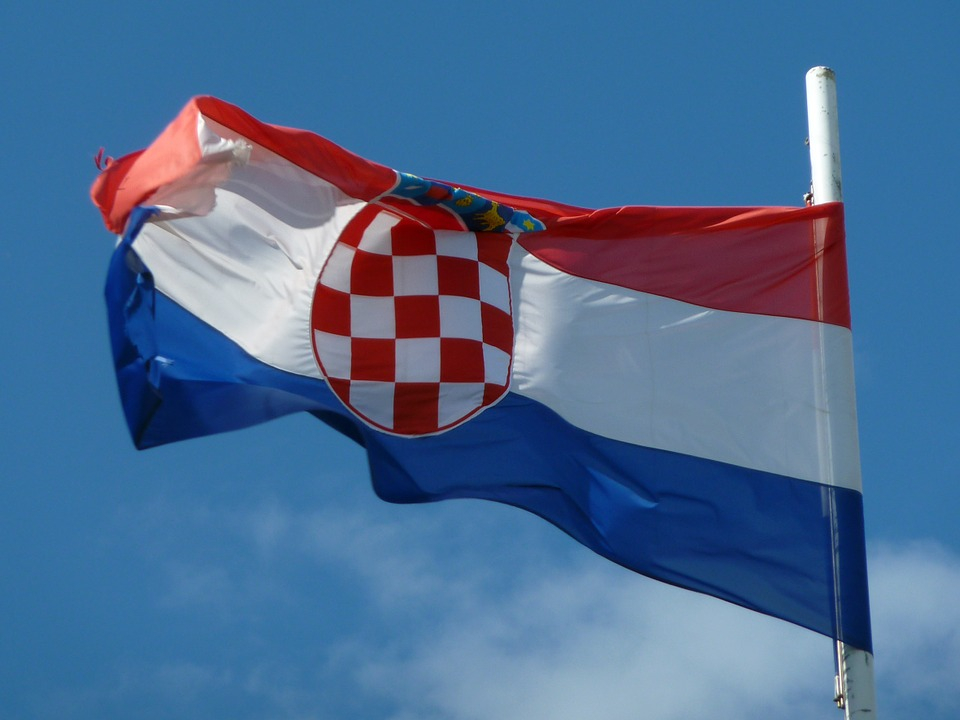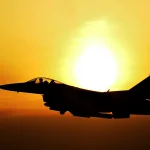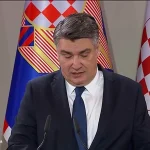As Poslovni Dnevnik/Marija Brnic writes, Croatian military export-import balances are going to undergo changes over the coming years, because after a recent session of the Defense Council, it has now become clear that the Croatian Government will finally make the official final decision on the procurement of a combat squadron next week.
This decision will primarily change the current relationship in which Croatia exports more weapons and other military goods and services than it imports.
Last year, according to a report submitted to the Government by Economy Minister Tomislav Coric yesterday, Croatian military exports in 2020 were worth a total of 835 million kuna, and imports amounted to just under 129 million kuna.
The report doesn’t provide a detailed overview of those exporters, nor does it go into deal about the types of goods and services it deals in, but most of the exports relate to HS Produkt, the Karlovac-based arms manufacturer, which normally accounts for the majority of exports, followed by Sestan-Busch, which produces helmets, and Dok-ing, which sells its self-propelled machines for demining, and Viktor Lenac from Rijeka, which was engaged in the overhaul of vessels belonging to the US 6th Fleet.
Last year was significantly better than pre-pandemic 2019, which isn’t something many can boast of, and which was otherwise one of the worst for the military industry, in which exports stood at 493 million kuna. The record year for Croatian military exports was 2016 with almost 1.7 billion kuna in exports, twice as much as was recorded last year.
If the government concludes a contract to procure the French Rafale, finally putting an end to the very tiresome story surrounding fighter jet procurement, the first of those planes would start arriving in Croatia during 2024, when, depending on the agreed terms, imports of the military sector are likely to jump by 100 million euros per year.
However, if the military connection between Croatia and France, which is the most militarily powerful member of the EU following the departure of Great Britain, follows, there are justified expectations that additional space will need to be found for the Croatian military industry.
Since Croatian producers, as well as institutes and faculties, are interested in the establishment of the European Defense Fund, which will initially boast of figures of between 5 and 7 billion euros in the coming years, it is more than clear why more and more Croatian producers want to dip their toes into the lucrative niche of military production.
For more, follow our dedicated politics section.











